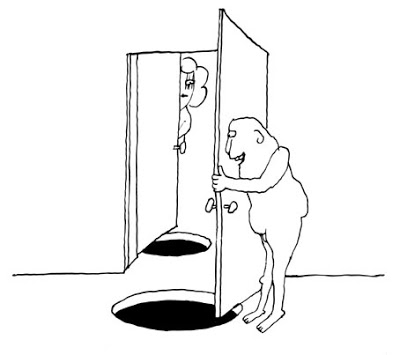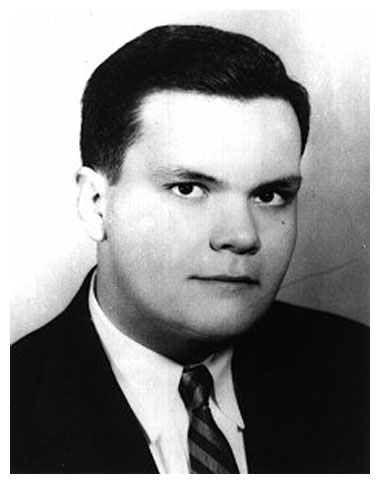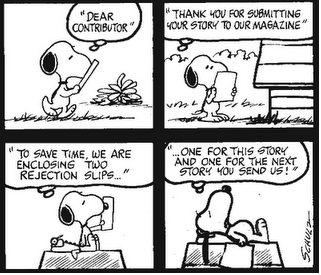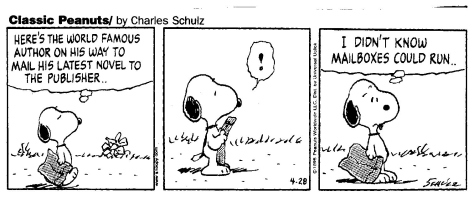Now is the time of year when the media publish ‘Best Of’ lists for a variety of categories, including books, television series, music albums and films, so I thought that I’d join in with a baker’s dozen of favourite reads from 2017. Some were published this year, and all came out recently, so should be readily available.
1) A Man Called Ove, by Fredrik Backman:
It made me laugh and it made me cry. A brilliant portrayal of a grumpy old man, a stickler for petty rules and regulations, who’d be a nightmare to know on brief acquaintance. But, he has a heart of gold concealed within his leaden exterior and is blessed with the love of a good woman.
2) Lincoln in the Bardo, by George Saunders:
Worthy of all the attention it’s received, as much for the unusual way the story is laid out, with scattered thoughts from the spirits of the dead who haven’t quite passed over, but who exist in a state of limbo or ‘bardo’. Some are more aware of their condition than others, and the most confused is Abraham Lincoln’s son Willie who’s just died of typhoid fever in the second year of the Civil War. He’s further unsettled by his father visiting the crypt to hold his corpse, as part of his mourning.
Not an easy read, and if you try, I recommend doing so in at least 20-30 page chunks, to get a sense of who all of the dead spirits are; it’s a very moving experience—horrific, contemplative and loving.

3) The Sixteen Trees of the Somme, by Lars Mytting:
The best novel that I read this year or for many a year. A stunning achievement and just what a novel should be, for it involves the reader in a deep-seated mystery as the naive protagonist tries to unravel a tight knot that hides family identity, wealth, betrayal and who he really is and who he wants to be. Travelling between Norway, the Shetland Isles and the battlefields of northern France, it’s sure to be turned into a film.

4) Do No Harm: Stories of Life, Death and Brain Surgery, by Henry Marsh:
If you want to know what it feels like to be a brain surgeon, this is the book to read. I was immediately in awe of Henry Marsh, and it’s one of the most humbling memoirs I’ve read. Truly terrifying too, it will make you count your blessings. I’m on the waiting list at my local library for the sequel, Admissions: Life as a Brain Surgeon.

5) The Dry, by Jane Harper:
A highly-praised debut crime novel by a British author, who does a fine job of making the reader feel the heat, claustrophobia and paranoia of an isolated community in the Australian Outback where the murder of a family makes everyone a suspect.

6) The Force, by Don Winslow:
Winslow is without equal when it comes to writing tense crime novels involving the drug trade and the inevitable violent betrayals, paranoia, self-loathing and multiple murders. His The Power of the Dog and The Cartel, about the Mexican drug wars must have the highest body counts of any novels. In The Force, a corrupt detective who’s been taking dirty money and operating as part of an unofficial police unit within the NYPD finally gets his comeuppance. He’s a totally believable flawed hero, compromised by many ‘well-what-would-you-do’ situations.

7) H is for Hawk, by Helen Macdonald:
Grieving the unexpected death of her father, the author returns to an early love of falconry, by raising a goshawk. Her road to recovery is involving, tearing at your heart as you will her on. Macdonald writes brilliantly about wildlife, the weather and the landscape. I found it captivating.
8) Since We Fell, by Dennis Lehane:
One of the best thrillers that Dennis Lehane has ever written, and that’s saying something when you remember Mystic River and Shutter Island. The plot has more twists and turns than an epileptic snake, carrying the reader along in a state of excited confusion.

9) Golden Hill, by Francis Spufford:
A rollicking good read, that deserves all of the praise and awards it’s received. Spufford knows his stuff historically, and he pens a believable world in 18th-century New York, where things turn frighteningly violent very quickly. I’m eager to read the sequel.

10) The Heavenly Table, by Donald Ray Pollock:
This absorbing novel will probably get lost by being shelved among Westerns in bookshops and libraries, and though it’s set on horseback, the three gormless heroes have adventures that say much about human foibles. It’s lewd and crude in places, but very entertaining.
11) The Ploughmen, by Kim Zupan:
An unusual crime novel, which was unjustly overlooked, and, I fear, will remain a neglected treasure. I only noticed it, as it was the last book shelved in the novel section of my local library! A debut novel by a mature writer, it tells of a strange friendship between an implacable, imprisoned serial killer, a complete psychopath, and a gullible young deputy, who finds missing people in the Montana snow—usually dead. Zupan rivals Helen Macdonald for his descriptions of landscape, and you’ll soon be feeling cold. It’s one of the most memorable stories I’ve read.

12) All Involved, by Ryan Gattis:
I wasn’t sure that I’d enjoy this tale set in the days of the riots in Los Angeles in 1992, mainly as the author had previously written quirky titles for young readers. However, I was swiftly gripped by the dilemmas faced by a dozen different characters, including coppers, drug dealers, store owners, nurses and the homeless. Some scenes were real edge-of-the-seat stuff—and I mean real—much scarier than any imagined dystopian worlds.

13) The Museum of Extraordinary Things, by Alice Hoffman:
The reader is transported to New York in the early 20th-century, where the protagonist works as a mermaid in her father’s museum of freaks, among such as the Wolfman, the Butterfly Girl and a century-old turtle. She meets a handsome Russian immigrant photographer, who has left the confines of his Jewish community to concentrate on his career. When he photographs a tragic factory fire, he gets embroiled in the case of a missing girl and dark forces hunt the two youngsters. Hoffman is superb at summoning up the atmosphere of the streets, river and surrounding countryside of a young city. Best-known for Practical Magic, which was turned into a film, and to which she’s recently published a prequel called The Rules of Magic, Hoffman’s Museum of Extraordinary Things is sure to be filmed too as it’s equally spellbinding.

What books have you enjoyed reading this year? They don’t have to be recent—old favourites that you’ve revisited will do.

























